
Brussels/Copenhagen – The informal gathering of EU interior ministers in Copenhagen on Tuesday concentrated on addressing illegal migration. Denmark, the chair country, has maintained a hardline stance on migration policy for years. Interior Minister Gerhard Karner (ÖVP) stated post-council that the ministers aimed to enhance deportation measures and broaden European partnerships for deportations to Afghanistan and Syria.
“Following successful deportations to Syria and Afghanistan from Austria and Germany, there is a strong consensus among European interior ministers that deportations must not remain isolated incidents. We will continue to expand necessary alliances,” Karner remarked. He expressed gratitude to the Danish presidency for prioritizing the topics of deportations, returns, and safe third country models during discussions, emphasizing the need for a more robust and tougher approach to deportations.
Danes call for “innovative solutions”
“The European asylum system is dysfunctional. We require innovative solutions,” asserted Kaare Dybvad Bek, the Danish interior minister and current council presidency representative, to journalists before the meeting. Half of the asylum applications in Europe are denied, and only one in four rejected individuals is returned to their home country. The EU needs to implement quicker returns and develop innovative agreements with non-EU countries.
Karner highlighted the necessity of a legal framework for return centers, which is essential. A credible asylum and migration policy mandates procedures and return centers outside Europe to alleviate pressure on the EU’s external borders and prevent deaths in the Mediterranean. He reiterated the need to abolish the “connection criterion,” which restricts deportations to countries with which individuals have ties. He proposed the idea of “return hubs” where “rejected asylum seekers or offenders could be sent,” a view shared by German Interior Minister Alexander Dobrindt.
The Danish minister noted that processing asylum applications doesn’t have to occur within the EU, which could effectively disrupt smuggling operations. He supports external processing in controversial return centers, citing examples like those in Albania and Rwanda as “good models” for externalization and bilateral agreements, while acknowledging the need for a unique European model. Despite differing opinions, more EU countries are starting to support this approach. The new EU asylum and migration pact represents progress, but the available mechanisms are still deemed insufficient.
Brunner: Engagement with Libya is necessary
Migration Commissioner Magnus Brunner (ÖVP) stated in an interview with “Politico”: “Russia’s growing influence in Libya is concerning, and we must engage with Libya.” He warned of the potential for Russia to leverage migrants against Europe. The eastern Libyan government denied entry to the EU migration commissioner and interior ministers from Italy, Greece, and Malta on Tuesday. This eastern Libyan government, led by Osama Hamad in Benghazi and allied with General Khalifa Haftar, has Russian support.
“We back the Danish presidency in acting swiftly,” Brunner said in Copenhagen. “Migration must be part of negotiations with third countries; this embodies migration diplomacy.” He stressed that third countries must recognize the “enormous importance” of migration to Europe. The return directive facilitates the creation of “return hubs,” which remains the choice of each member state.
Karner: A tougher stance is essential
French Interior Minister Bruno Retailleau emphasized that controlling migration flows is a priority: People across Europe demand “we must regain control over often massive migration that has eluded us.” He also called for stricter regulations for more effective returns and “innovative solutions.” Karner observed a shift in thinking among many EU partners, acknowledging the need for a tougher European approach.
At the end of 2022, Austria enacted a Schengen veto against Romania and Bulgaria’s accession; according to the minister, this was a “cry for help” in response to “enormously high asylum application numbers,” a trend mirrored in other countries. This pressure has prompted many to reconsider their positions.
The EU Commission is also aiming to expedite efforts against illegal migration, planning to triple funding in the next multiannual EU budget from 2028 to 2034, totaling 34 billion euros, with nearly one billion allocated for Austria. Other issues discussed at the ministerial council included tackling organized crime and drug trafficking, as well as enhancing the EU’s crisis preparedness. The ministerial discussions aimed to set a political direction for future actions, with no concrete decisions anticipated from Tuesday’s informal meeting.
FPÖ criticizes Karner and Brunner
FPÖ security spokesman






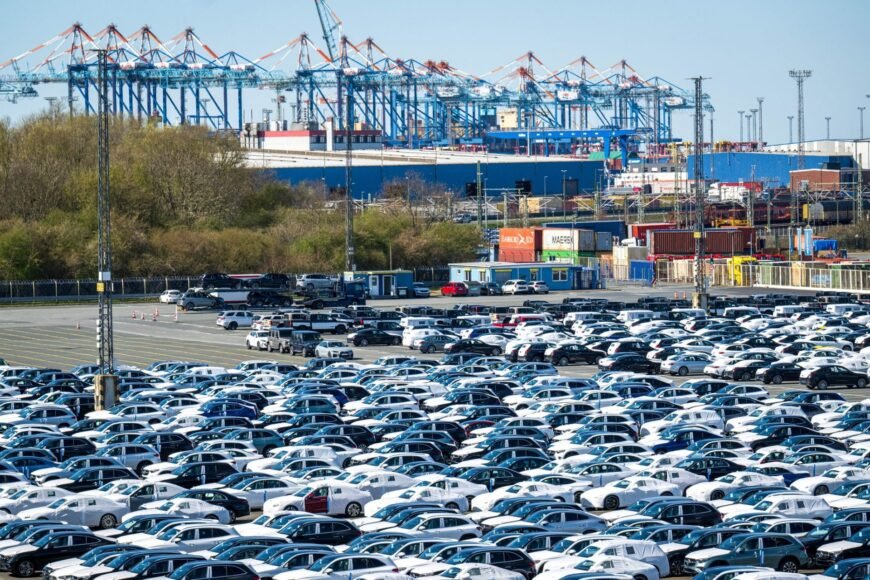
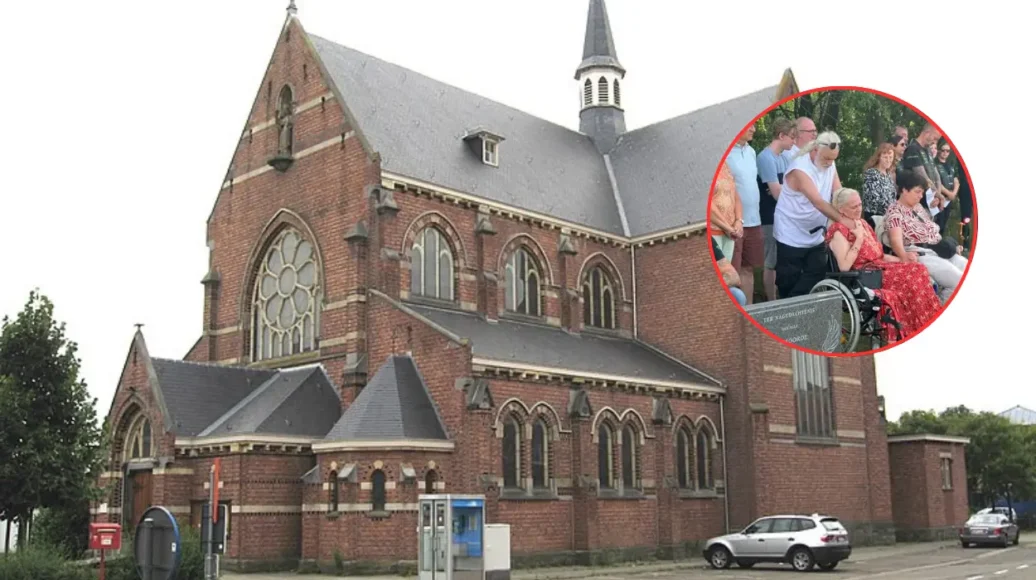
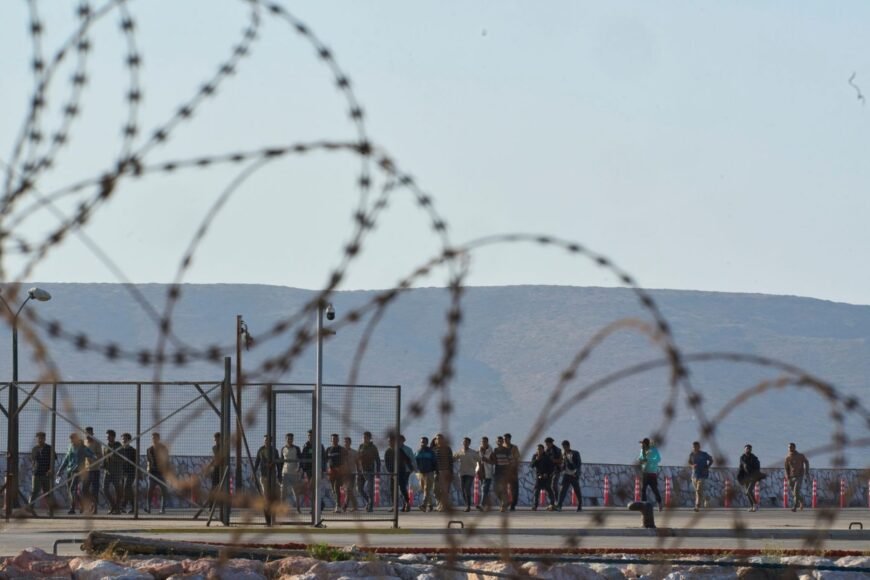
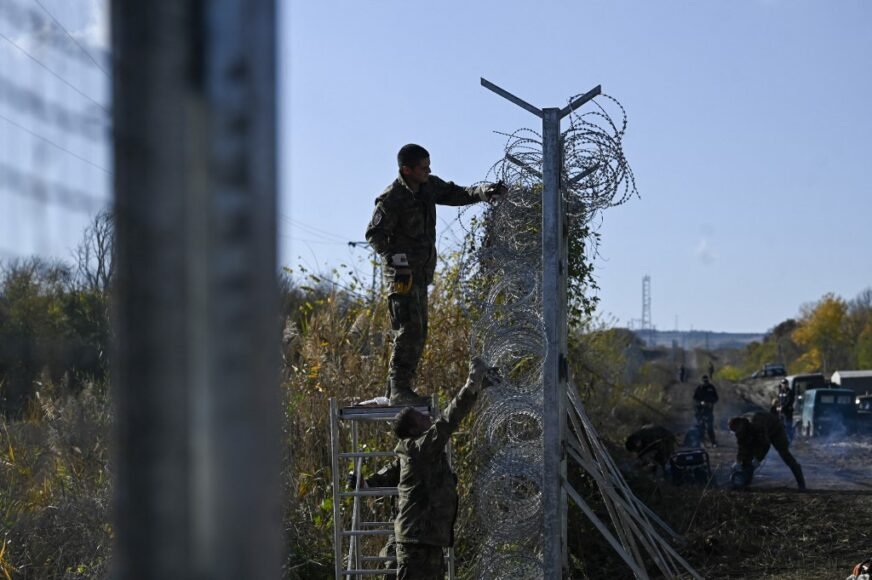

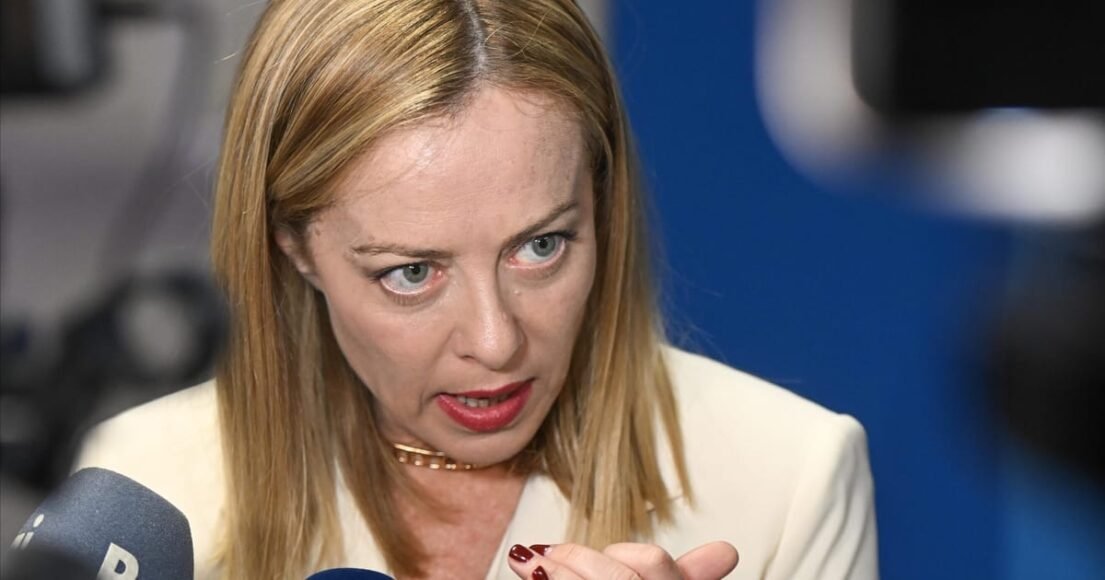
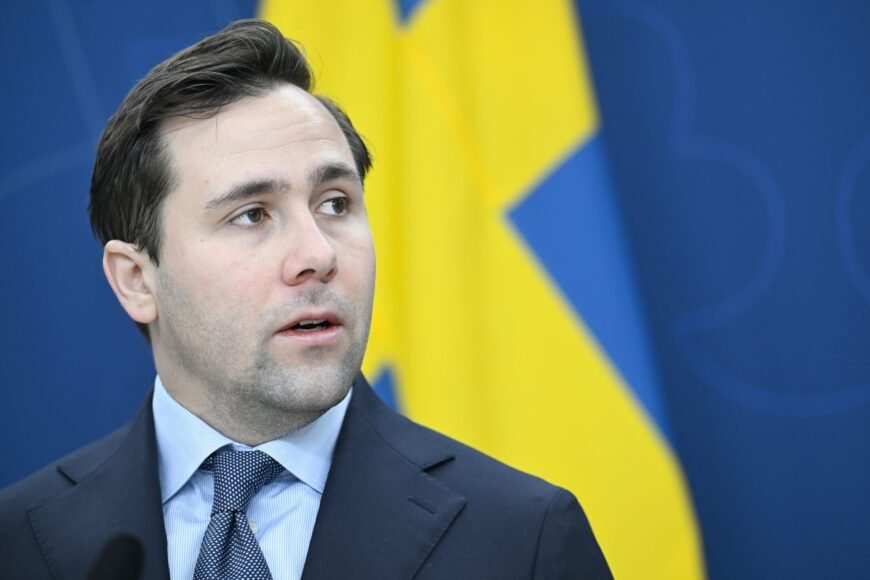
Leave a Reply